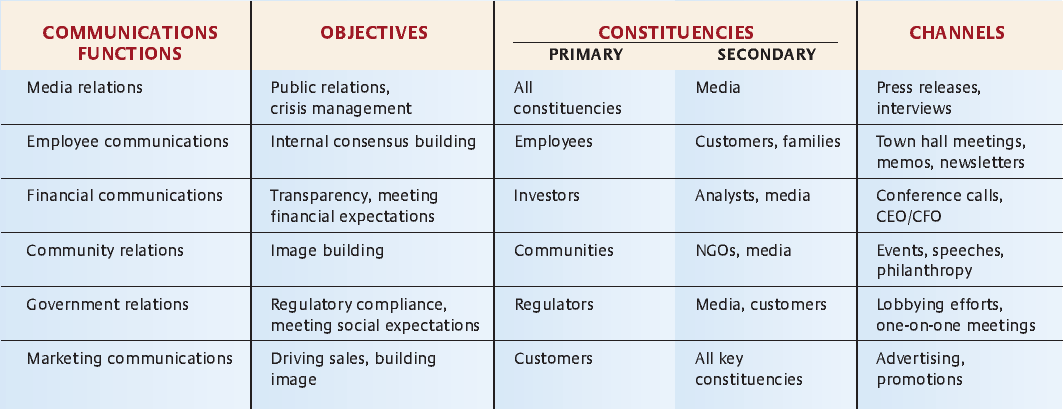Corporate objectives and strategy
Post on: 11 Сентябрь, 2015 No Comment

Put simply, corporate strategies are essentially about what the business wants to achieve. Business strategy is about how those corporate objectives are to be achieved.
Business strategy is concerned with deciding which markets and activities the business should be involved in; where it wants to be; and how it is going to get there. Strategy is about making high-level decisions and forms the management game plan for
- Satisfying customers (meeting customer needs)
- Running the business (organising resources in the most efficient and effective way)
- Beating the competition (strategies and tactics to gain competitive advantage )
- Achieving corporate objectives

Corporate (or business) objectives are set at the high level and are quite distinct from any more detailed functional objectives set for the functional areas of a business. The position of corporate objectives in the hierarchy of business objectives can be illustrated as follows:
- The objectives cascade down from the mission getting progressively more specific
- Overall objectives are translated into more specific objectives for different parts of the business
- The hierarchy ensures that at each level the objectives are consistent with the objectives that are above them in the hierarchy
Examples of corporate objectives would include targets for:
- Sales revenue (a traditional measure of the size and strength of a business if revenue is growing then the business is growing)
- Profit (both the absolute level of profit and the profit margin i.e. return on sales)
- Return on investment (e.g. ROCE, ROI: particularly important for capital-intensive businesses)
- Growth (sales volume, revenue, profit, earnings per share)
- Market share (the proportion of markets and industries owned by the business or its products)
- Cash flow (this can be similar to a profit objective, but with the focus on maximising the net cash inflow of the business)
- Shareholder value (particularly important for publicly-quoted businesses where senior management are tasked with growing the value of the business)
- Corporate image & reputation (increasingly important links closely with corporate social responsibility, product and customer service quality, and business ethics)
Many factors will influence the corporate objectives that are set. Precisely which factors depends on the nature of the business and its markets, and the business ownership. Some examples of those factors include:
Factors Influencing Corporate Objectives














